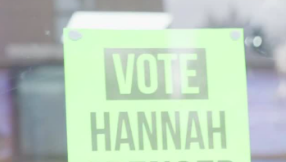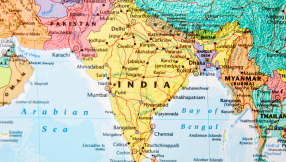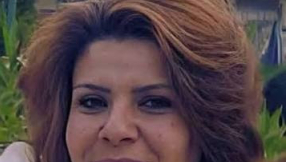No evidence has been found that World Vision siphoned off taxpayers money to the Palestinian terror organisation Hamas, a government review has found.
The Australian Department of Foreign Affairs and Trade (DFAT) launched its investigation in August after World Vision Gaza employee Mohammad El Halabi was arrested and charged with funnelling millions to the militant group.
But the government department said on Tuesday it has found no evidence of the allegations lodged by the Israeli government, according to ABC News. The government's prosecutors have also failed to produce any evidence of World Vision's funding being diverted, despite several hearings being held.
The Australian government has given more than $3million to World Vision's projects in Gaza in the past three years, according to the news site. But it suspended the funding after the claims were raised.
Halabi's trial continues in Israel and he rejected a plea deal from the government insisting he is innocent of all charges. Halabi also accused Israel of torturing him while in custody.
It comes after Israel was accused of holding a 'secret trial' of the humanitarian worker.
Amnesty International said Halabi was initially denied access to a lawyer. Then, when he was allowed to meet a legal representative, al-Halabi allegedly said that he had been 'seriously mistreated in custody', according to Amnesty.
Amnesty went on: 'The lawyer is prevented from disclosing the details of that allegation, as well as many other elements of the case, by a set of severe restrictions imposed by the Israeli authorities on reporting around the case.'
World Vision have defended Halabi calling him a trusted employee.
'So far, our own ongoing forensic audit has not uncovered any money subverted and to hear DFAT say their investigation hasn't either is consistent and is very good news,' chief advocate Tim Costello, told ABC News.
'We want to see the evidence,' he added.













